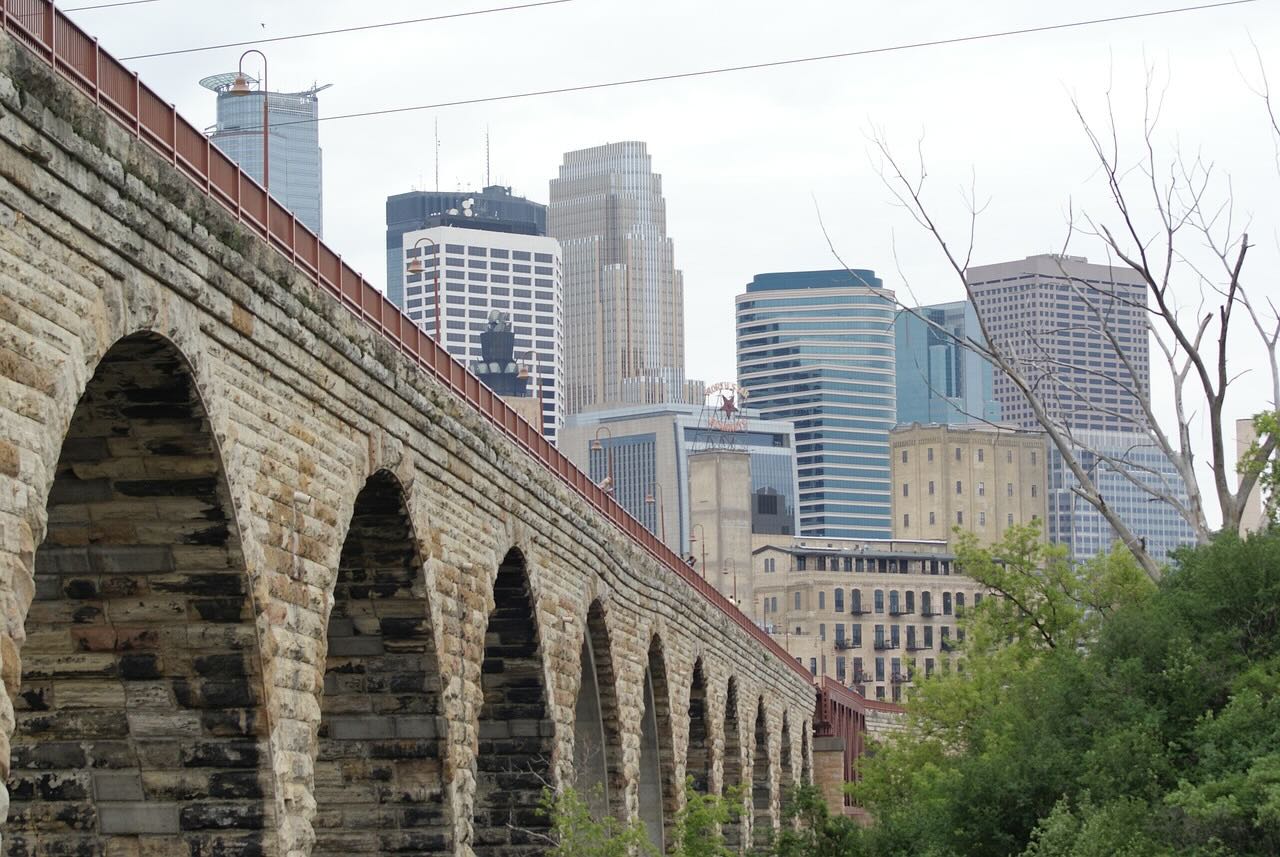
Minneapolis, the largest city in the state of Minnesota, is renowned for its vibrant culture, stunning lakes, and robust economy. Nestled along the banks of the Mississippi River, it offers a unique blend of urban sophistication and natural beauty. The city is characterized by a strong community atmosphere, high-quality education, and a commitment to safety and well-being. With a rich history and a forward-thinking approach, Minneapolis is an attractive destination for families, young professionals, and newcomers alike.
When compared to similar cities across the United States, Minneapolis stands out in several areas. Its safety and security ratings are commendable at 8/10, making it a safer option than many larger urban centers. The education system also ranks high, with quality ratings reflecting a strong commitment to academic excellence. Minneapolis offers a sense of community that rivals cities like Seattle and Chicago, and its accessibility to other major urban centers is favorable, though slightly less than cities like Boston or San Francisco. However, the cost of living remains a consideration, as it is relatively high compared to the national average, affecting affordability for many residents.
Founded in the 19th century, Minneapolis has undergone significant transformations, from a milling powerhouse to a thriving cultural hub. The city's history is deeply intertwined with the Mississippi River, which provided the waterpower for its early industries. In recent years, Minneapolis has focused on redevelopment, particularly in its downtown and waterfront areas, fostering a resurgence of interest in urban living and sustainability. Major events such as the 2020 protests following George Floyd's death have significantly impacted the city’s social landscape, prompting discussions on equity, community safety, and reform.
Minneapolis boasts a commendable safety rating of 8/10, contributing to its overall appeal. The community atmosphere is welcoming, with residents often describing their neighborhoods as friendly and inclusive. Parks, lakes, and green spaces enhance the quality of life, promoting outdoor activities year-round. The city has a strong commitment to public safety, ensuring a secure environment for families and individuals alike.
The quality of education in Minneapolis is noteworthy, scoring 8/10. The public school system offers diverse programs catering to a variety of learning needs, while numerous private and charter schools provide additional options. Proximity to higher education institutions, including the University of Minnesota, enriches the academic environment, making it an attractive place for students and families interested in educational opportunities.
Minneapolis is recognized for its strong work-life balance, scoring 8/10 in this area. The city’s job market is diverse, with significant opportunities in healthcare, finance, and technology. However, the cost of living is a factor to consider, rated at 7/10. Housing, in particular, can be pricey, with moderate tax rates on income and inheritance at 6/10 and 7/10, respectively, impacting disposable income. Nevertheless, many residents find that the quality of life and community support offset these economic challenges.
Minneapolis enjoys a strategic location, providing easy access to other major urban centers, earning a score of 7/10 for accessibility. The city is well-connected by highways, public transit, and a network of biking and walking paths. Newcomers often find it easy to integrate into the community, aided by a variety of social programs and groups designed to welcome and support them.
The culture of Minneapolis is vibrant and diverse, with a rich artistic scene that includes theaters, music venues, and art galleries. The city is known for its famous local dishes, including the iconic Juicy Lucy burger and various ethnic cuisines reflective of its multicultural population. Festivals, farmer's markets, and cultural events contribute to a lively social calendar, encouraging community engagement and celebration.
Looking ahead, Minneapolis is poised for continued growth and development. Urban revitalization projects, coupled with a focus on sustainability and green initiatives, will likely shape the city’s landscape. The ongoing discussions around social justice and community safety will also influence local policies and community cohesion.
Minneapolis, Minnesota, offers a compelling blend of safety, community, and educational excellence, making it an attractive place to live and work. While challenges regarding cost of living and economic factors exist, the city’s strengths in quality of life,
Rate your experience in Minneapolis
Analysis of business conditions and economic factors
Quality of life, safety, healthcare, and cultural amenities
Real estate market, investment climate, and growth projections
Strategic location in North America, providing excellent connectivity to major markets and global business centers.
Request detailed city data, custom comparisons, or specific business insights.